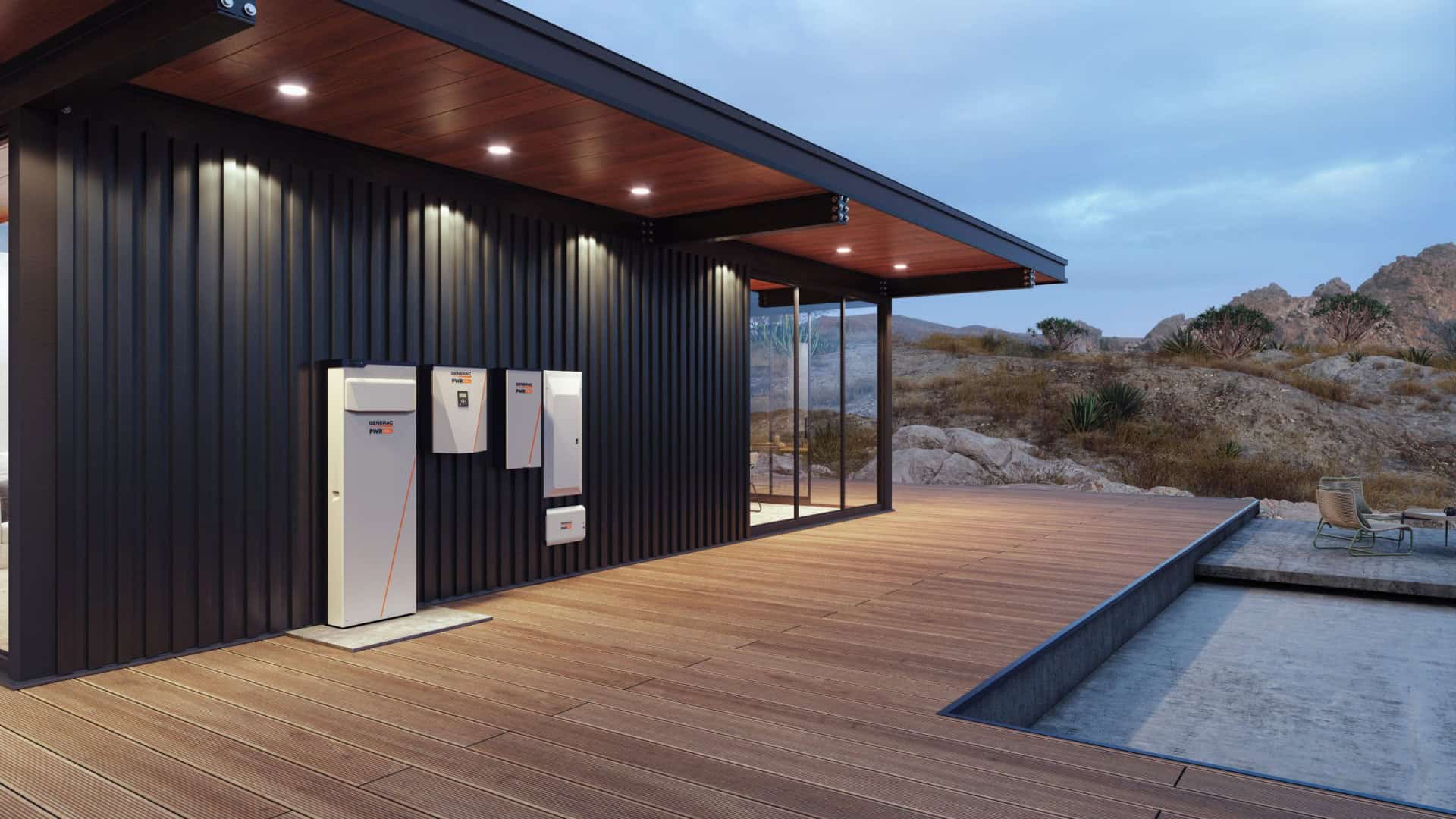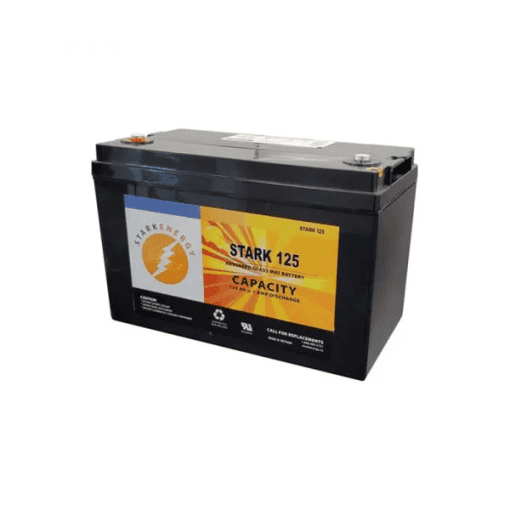
Why Install a Home Battery Backup System?
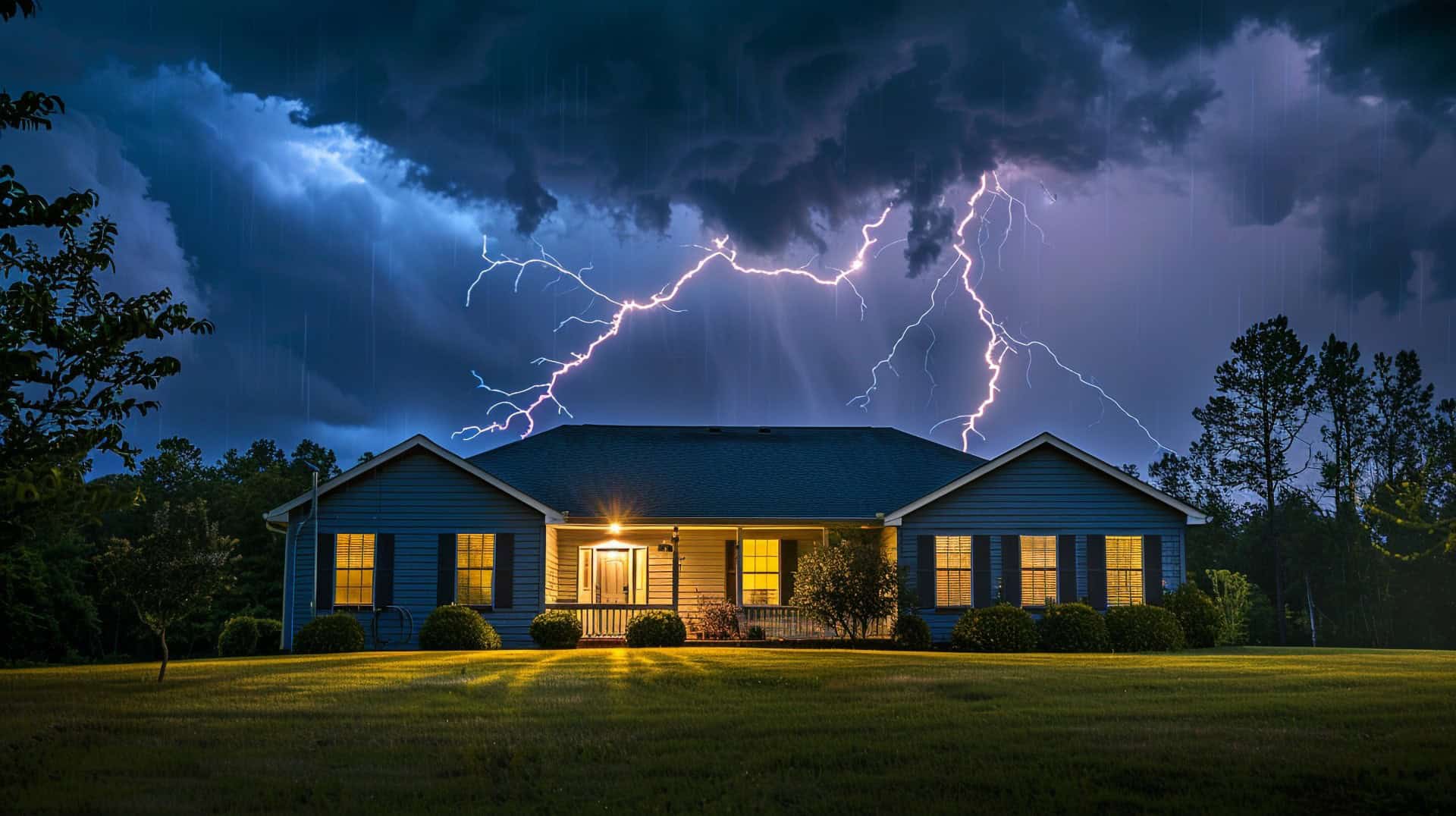
Power During Outages
-
Reliable Power: A battery backup system keeps essential appliances like refrigerators, medical devices, heating and cooling systems, and lights running during a power outage.
-
Home Security: During a blackout, security systems like alarms, cameras, and motion detectors will continue to work to help protect your home from security threats.
-
Immediate Transition: Battery systems automatically switch to battery power when the grid goes out, ensuring a smooth transition that keeps your daily life running without disruption.
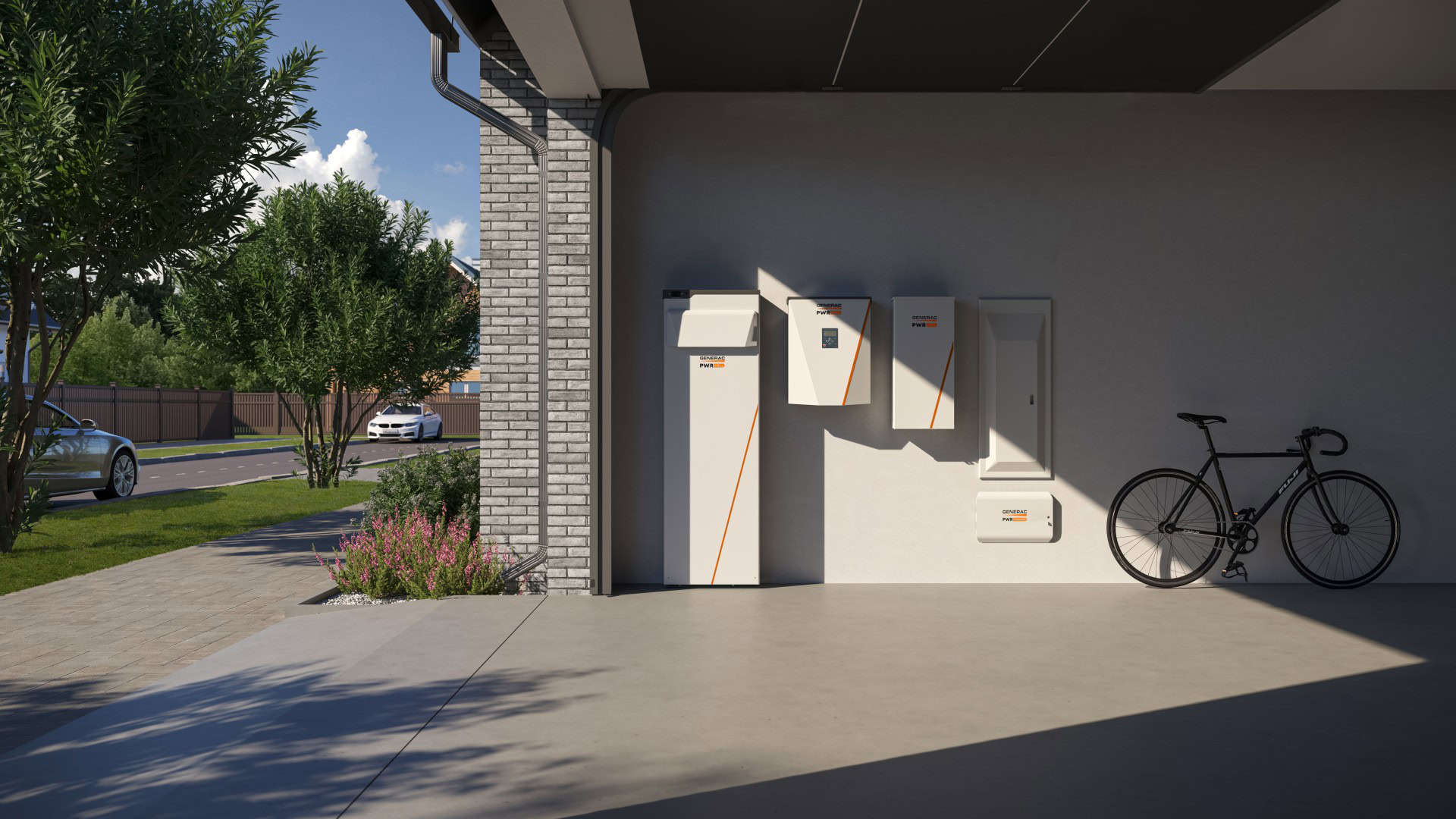
Cost Benefits of Battery Systems
-
Energy Scheduling: With a home battery backup system, you can store energy when electricity is cheaper during off-peak hours and use it during peak hours, lowering your overall electricity costs.
-
Lower Energy Bills: When paired with solar, a home battery can store extra energy made during the day for use at night.
-
Increase Home Value: A battery backup system can boost your property’s value, making it more appealing to buyers who want energy-efficient and resilient homes.
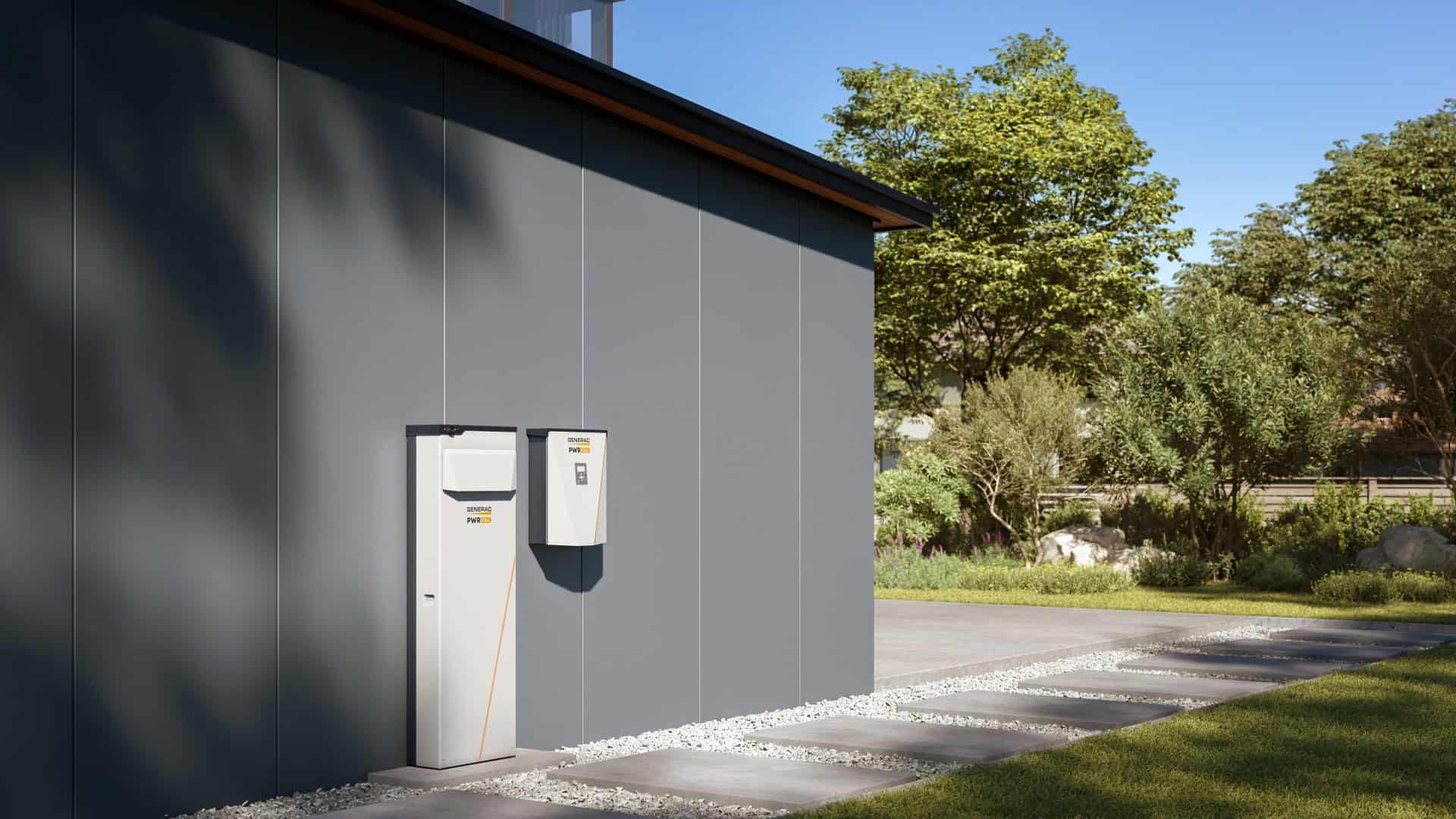
Why use a battery over a generator?
-
Easy to Maintain: Battery systems work without regular maintenance.
-
No Fuel Needed: Batteries don’t need fuel to work, so you don’t have to store or refill gasoline, diesel, or propane.
-
No Noise: Home battery systems run quietly, unlike generators, which can be loud and disruptive.
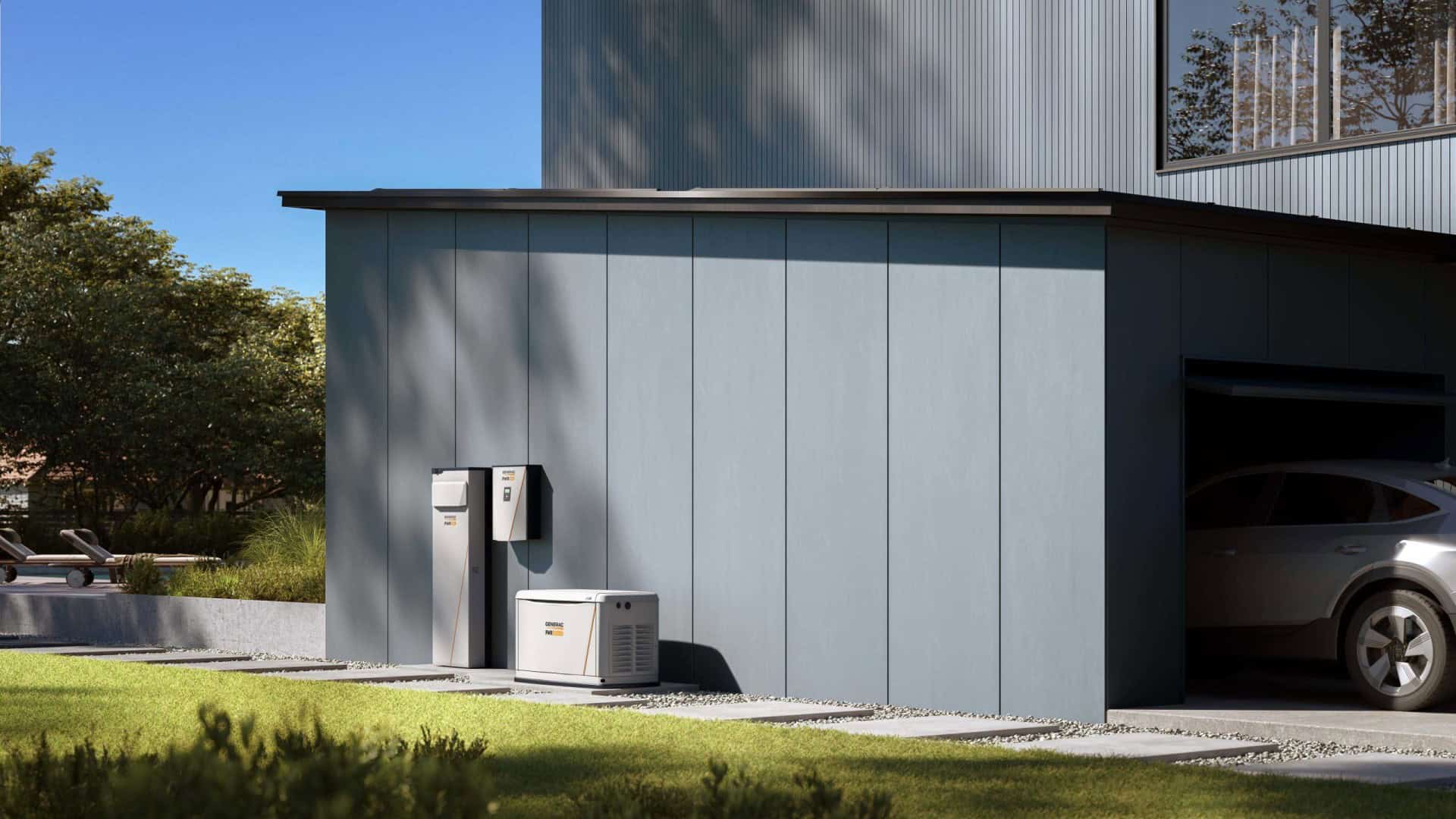
Save More with Solar and an EV Charger
-
Lower Your Bills: Power your home and charge your batteries with solar energy to reduce or eliminate electricity bills.
-
Home battery EV charging: Use a battery storage system to store excess solar energy during the day and charge your EV at night.
-
Increase Home Value: Homes in Canada with solar panels, EV charging stations, and battery storage systems are increasingly sought after, boosting your property’s market value.

Power During Outages
-
Reliable Power: A battery backup system keeps essential appliances like refrigerators, medical devices, heating and cooling systems, and lights running during a power outage.
-
Home Security: During a blackout, security systems like alarms, cameras, and motion detectors will continue to work to help protect your home from security threats.
-
Immediate Transition: Battery systems automatically switch to battery power when the grid goes out, ensuring a smooth transition that keeps your daily life running without disruption.
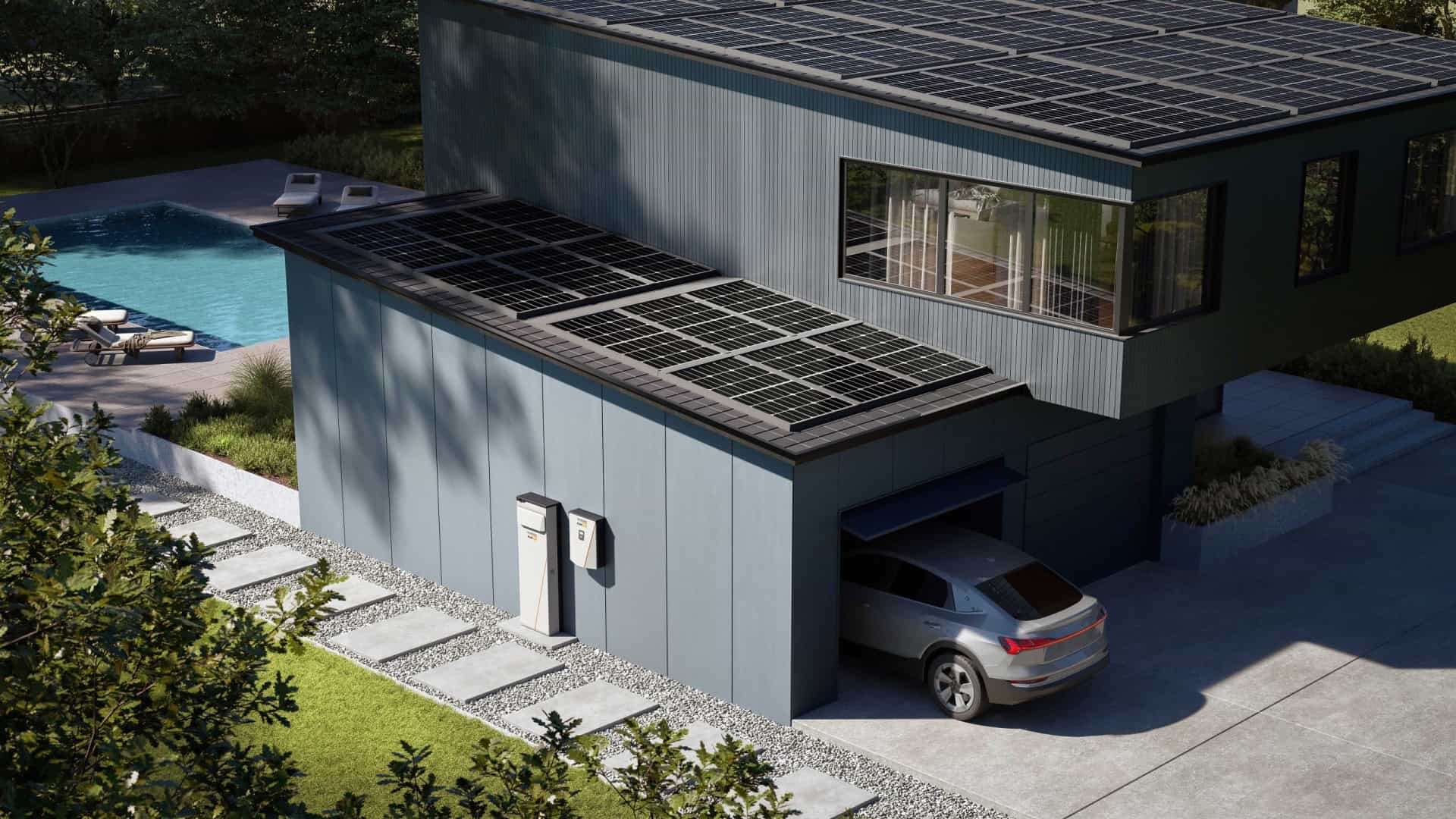
Home Battery Backup System Assessment and Installation Made Easy for Canadians
Adding backup power is now easier than ever! Our dedicated team supports you from start to finish, beginning with a detailed assessment to design a custom battery backup system that fits your home and energy needs.
Our team provides residential backup power solutions across Canada.
Knowledge Centre
Unlock the Canada Greener Homes Loan with Kizuna
Frequently Asked Questions
We consider two options for your home backup power assessment: whole home backup power and essential (or critical) loads backup power. We prioritize battery backup, but in some cases, we may suggest using a generator as well.
Whole home backup power systems supply electricity to your entire home during a power outage, ensuring that all appliances, lights, electronic devices, heating and cooling systems, and outlets keep working as if the power never went out.
Essential loads backup power systems provide electricity to only the most important appliances and circuits during a power outage. This usually covers essential items like refrigerators, freezers, lights, internet routers, sump pumps, medical devices, and heating systems.
We use your electricity usage to design a custom solution that fits your home’s energy needs. Because electricity use can change with the seasons, we ask for at least a full year of energy data to design the right system for you.
Every utility in Ontario and Nova Scotia provides Green Button data, allowing electricity customers to access and manage their energy use online. The data is in a standard format, making it easy to analyze and share with a third party like Kizuna.
We can use this data to analyze your energy usage during the assessment process and design a custom solution for you, whether you are looking for an EV Charging, Battery Backup or Solar solution .
A kilowatt-hour (kWh) measures energy use. It shows how much energy you use or produce over time. One kilowatt-hour is equivalent to using 1,000 watts of power for one hour. For example, if you run a 1,000-watt appliance for one hour, it uses 1 kWh of energy.
Your local utility will track kilowatt-hours to measure electricity use and calculate your bill.
Depending on your location, there may be a fee for the on-site visit. However, we will waive this fee if you proceed with the installation.

